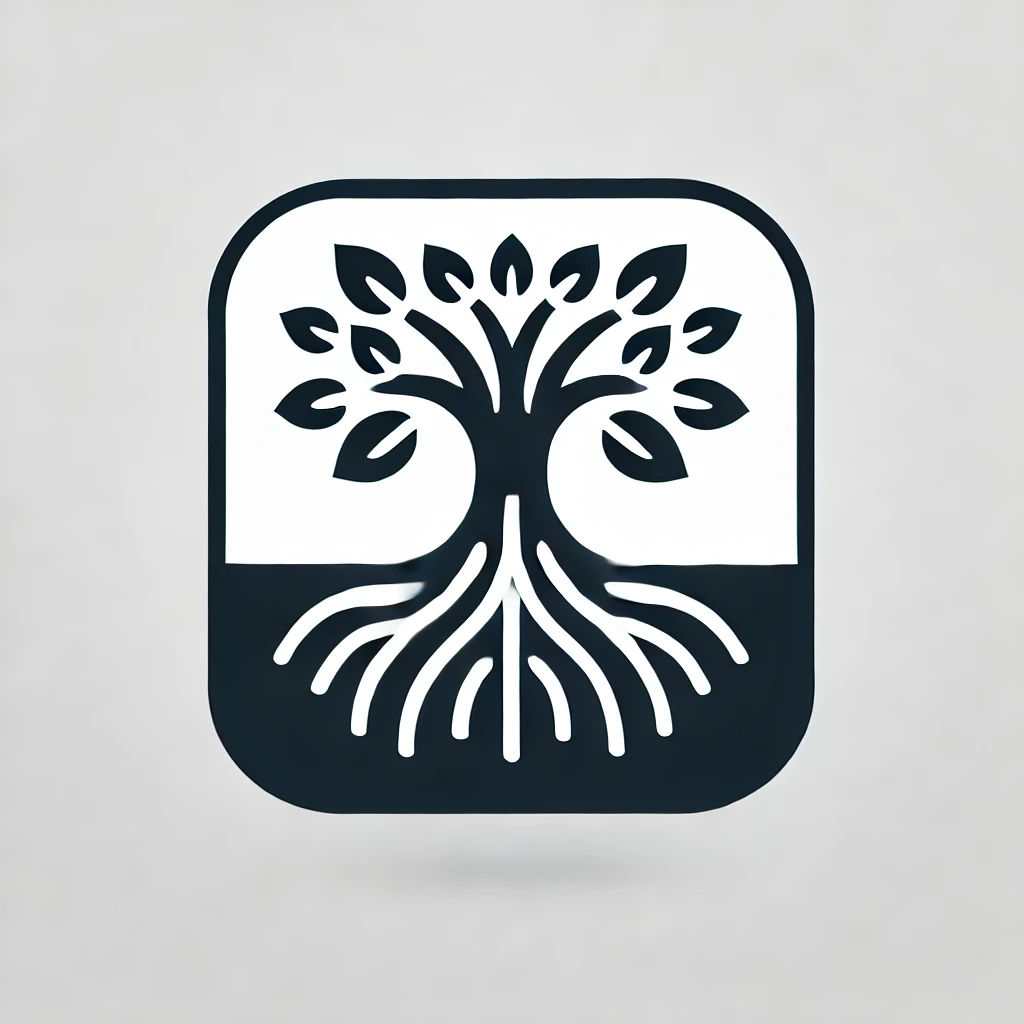Stress and anxiety can affect anyone, but as we age, the challenges we face can sometimes feel overwhelming. From health concerns and financial worries to loneliness and major life changes, older adults often experience unique stressors. Managing stress is essential for mental well-being, physical health, and overall quality of life.
If you’re looking for practical ways to reduce stress and manage anxiety, this guide is for you.
🧠 Why Managing Stress Matters as We Age
Chronic stress can take a significant toll on both the mind and body, leading to:
- High blood pressure and heart disease
- Weakened immune system
- Increased risk of depression and cognitive decline
- Sleep disturbances
- Muscle tension and chronic pain
By managing stress, older adults can improve their health, enhance their mood, and enjoy a more fulfilling life.
🛡️ Common Stressors in Older Age
- Health issues or chronic illnesses
- Loss of loved ones
- Financial concerns or retirement adjustments
- Loneliness and social isolation
- Changes in independence or living situations
🧘 Tips to Manage Stress and Anxiety in Older Age
1. Practice Deep Breathing and Relaxation Techniques
Simple deep breathing exercises can help calm your mind and reduce anxiety. Try inhaling slowly for 4 counts, holding for 4 counts, and exhaling for 4 counts.
💡 Tip: Guided relaxation apps like Calm or Headspace offer breathing exercises and meditation sessions designed for all ages.
2. Stay Physically Active
Exercise releases endorphins, the body’s natural stress relievers. Activities like walking, yoga, swimming, or tai chi can reduce anxiety, improve mood, and boost energy levels.
💡 Tip: Aim for 30 minutes of moderate exercise most days of the week. Even a short daily walk can make a big difference!
3. Connect with Others
Loneliness can increase stress and anxiety. Stay connected by:
- Calling or video chatting with family and friends
- Joining community groups, clubs, or classes
- Volunteering to help others while making new connections
💡 Tip: Online platforms like Zoom, Facebook, or Meetup offer virtual social groups and events.
4. Limit Stimulants and Alcohol
Caffeine and alcohol can increase anxiety levels and disrupt sleep. Cutting back on coffee, tea, and alcoholic beverages, especially in the afternoon and evening, can help reduce stress.
5. Prioritize Sleep
Good sleep is essential for managing stress. Create a relaxing bedtime routine, avoid screens before bed, and maintain a consistent sleep schedule to improve sleep quality.
💡 Tip: A warm bath, gentle stretches, or calming music can help signal your body that it’s time to rest.
6. Eat a Balanced Diet
A nutrient-rich diet can improve your mood and energy levels. Focus on:
- Fruits and vegetables for vitamins and antioxidants
- Whole grains for steady energy
- Omega-3 fatty acids (found in fish, nuts, and seeds) to reduce inflammation and boost brain health
💡 Tip: Limit sugar and processed foods, which can cause mood swings and energy crashes.
7. Engage in Hobbies You Enjoy
Hobbies like gardening, painting, reading, knitting, or playing music can be relaxing and fulfilling, providing a distraction from stress and promoting creativity.
8. Practice Gratitude
Taking time each day to reflect on what you’re grateful for can shift your mindset and reduce anxiety. Consider keeping a gratitude journal to write down 3 things you’re thankful for each day.
9. Limit Exposure to Negative News
While staying informed is important, constant exposure to negative news can increase anxiety. Limit your news consumption to once or twice a day and choose reliable sources.
10. Seek Professional Help When Needed
If stress or anxiety feels overwhelming, don’t hesitate to seek help from a therapist, counselor, or support group. Talking to a professional can provide you with tools to manage stress effectively.
💡 Tip: Many therapists offer teletherapy sessions, making it easier to access help from home.
🔄 Healthy Stress Management Habits for Everyday Life
- Stay organized by using calendars and to-do lists.
- Set realistic goals and take one step at a time.
- Laugh more—watch a comedy or spend time with fun-loving friends.
- Limit multitasking and focus on one task at a time.
🌟 Final Thoughts
Managing stress and anxiety is essential for healthy aging. By incorporating simple habits like staying active, connecting with loved ones, and practicing relaxation techniques, older adults can reduce stress, boost mental health, and enhance their overall well-being.
✨ Remember: It’s never too late to prioritize your mental health and live a calmer, happier life!
Photo by Andrea Piacquadio: https://www.pexels.com/photo/close-up-photo-of-screaming-man-with-a-full-beard-covering-his-ears-and-closing-his-eyes-3764535/



Leave a Reply